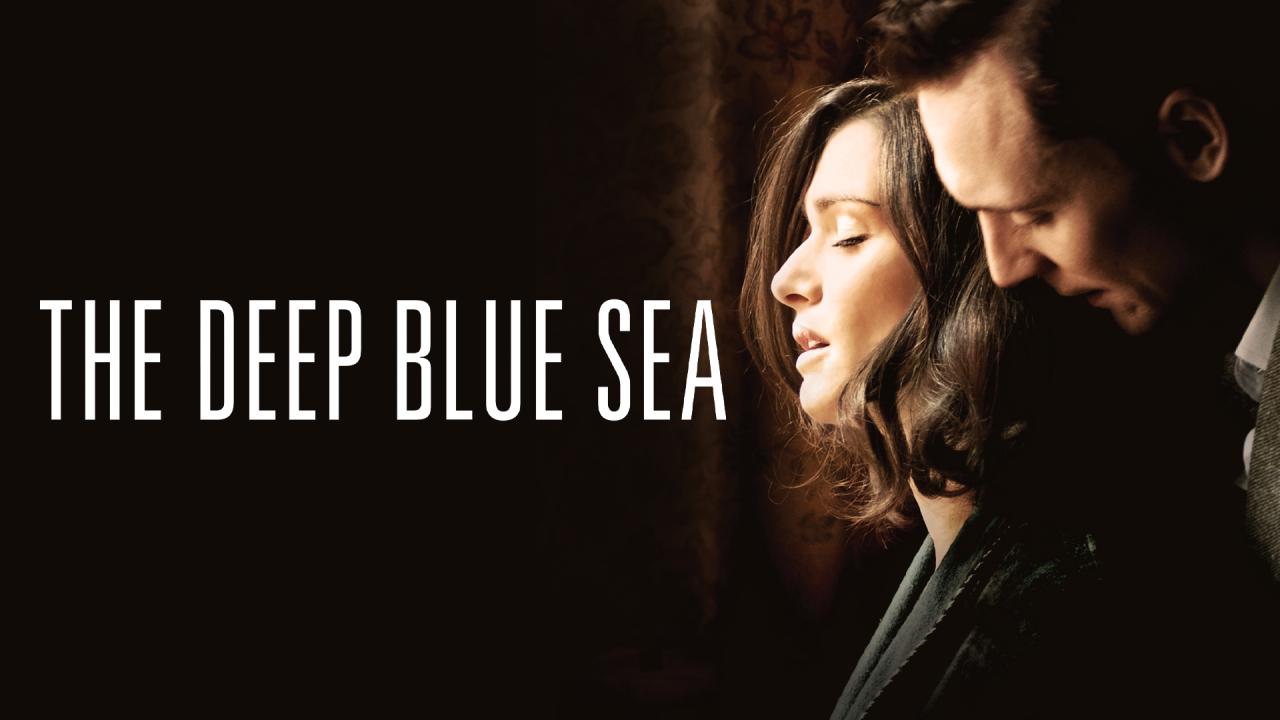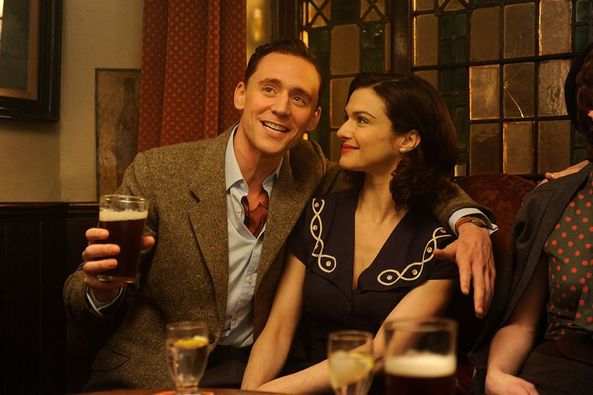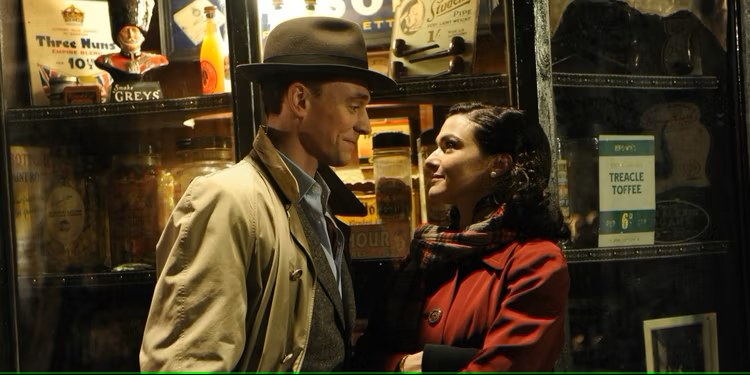
The Deep Blue Sea (2011) is a poignant British romantic drama directed by Terence Davies, based on the play by Terence Rattigan. The film stars Rachel Weisz, Tom Hiddleston, and Simon Russell Beale, and it explores themes of love, obsession, and the emotional consequences of choices. Set in post-war England, the movie centers on Hester Collyer (Rachel Weisz), a woman caught in a love triangle between her cold, distant husband, Sir William Collyer (Simon Russell Beale), and her passionate lover, Freddie (Tom Hiddleston). Through a series of flashbacks and intimate moments, The Deep Blue Sea examines the complexities of human emotions and the suffocating effects of unrequited love.
The film opens with Hester’s dramatic attempt to end her life, a desperate act born from the emotional turmoil caused by her affair with Freddie. She survives and is left to confront the painful reality of her feelings. Hester’s marriage to Sir William, an older, reserved judge, is loveless, and she has turned to Freddie, a charming but troubled young man, for the love and excitement she craves. However, the passion that once drew them together is now fading, and Freddie’s inability to commit to her leaves Hester in a state of emotional limbo.
At its core, The Deep Blue Sea is about the destructive nature of unfulfilled love. Hester’s affair with Freddie represents her longing for escape from the emotional coldness of her marriage, but it quickly becomes evident that their relationship is far from ideal. While Hester is consumed by her love for Freddie, he is more interested in fleeting pleasures and lacks the emotional depth to truly understand her. As a result, Hester finds herself torn between two worlds: the safety of her marriage to Sir William, and the passionate but unsteady relationship with Freddie. The film poignantly captures the fragility of love and how easily it can turn into an all-consuming obsession.
The performances of Rachel Weisz, Tom Hiddleston, and Simon Russell Beale are outstanding and elevate the film. Weisz, in particular, delivers a deeply emotional portrayal of Hester, capturing the character’s vulnerability, longing, and inner conflict. Her performance brings a quiet intensity to the film, making Hester’s emotional struggles feel authentic and relatable. Tom Hiddleston’s portrayal of Freddie adds complexity to his character, as he portrays a man torn between his desires and his inability to offer Hester the emotional commitment she needs. Simon Russell Beale, as Sir William, brings a quiet dignity to the role of a man who, though seemingly distant and emotionally unavailable, is also deeply affected by the breakdown of his marriage.

The setting of post-war England plays an important role in the film, contributing to its mood and themes. The dark, muted colors of the film, along with its intimate, often claustrophobic spaces, reflect Hester’s emotional state. The film’s visual style is restrained, focusing on close-ups and subtle details that highlight the characters’ inner turmoil. Director Terence Davies uses these visual elements to create a sense of confinement and isolation, reinforcing the emotional suffocation that Hester feels in her relationships.

In conclusion, The Deep Blue Sea (2011) is a beautifully crafted exploration of love, obsession, and emotional despair. Through powerful performances and a carefully constructed atmosphere, the film delves into the complexity of human emotions and the often painful consequences of seeking love in the wrong places. The film’s quiet, meditative pace may not appeal to all viewers, but for those who appreciate a slow-burn, character-driven drama, it offers a deeply affecting and thought-provoking experience. Ultimately, The Deep Blue Sea is a tragic yet tender portrayal of the emotional cost of love and the sacrifices made in the name of passion.